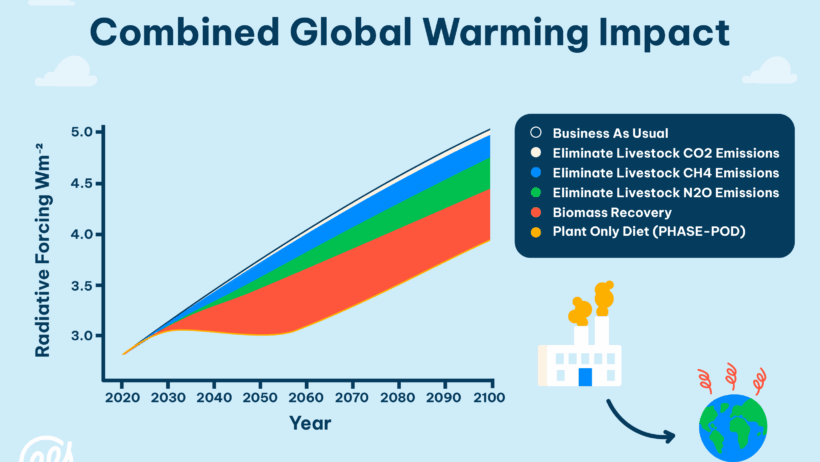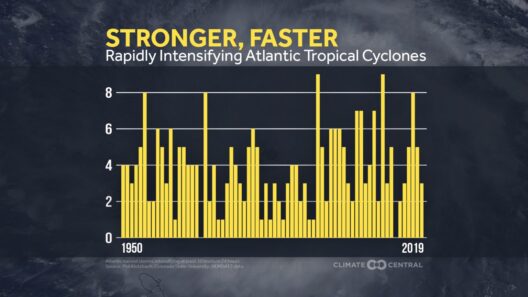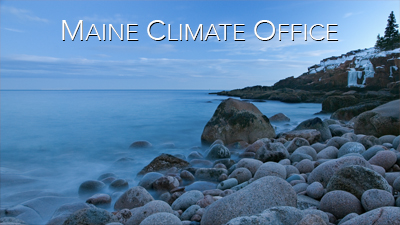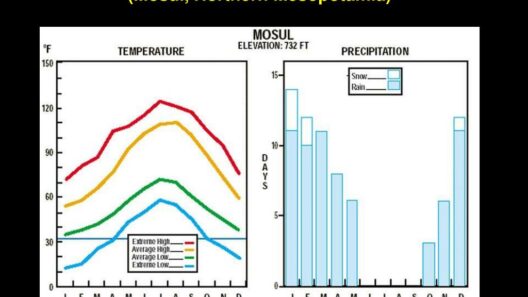Climate change has emerged as one of the most pressing challenges of the 21st century, driving a global discourse around not just mitigation, but also the potential for reversal. As scholars, scientists, and activists grapple with the science and implications of climate phenomena, differing schools of thought on whether or not we can actually reverse the damage inflicted upon our planet have emerged. In exploring the question of whether climate change can be reversed, a complex tapestry of environmental, economic, and social threads must be examined.
Fundamentally, reversing climate change necessitates a multidisciplinary approach that encompasses technological innovation, policy reform, and grassroots activism. The increasing concentration of greenhouse gases, particularly carbon dioxide, in the Earth’s atmosphere is a primary instigator of climate change. Consequently, the removals of CO2 through various means is an essential component of any proposed reversal strategy.
One prominent methodology discussed by experts is carbon capture and storage (CCS). This approach captures carbon emissions from power plants and industrial facilities, subsequently storing them underground or repurposing them for other uses. Theoretically, if CCS technology can mature and be deployed at scale, it could drastically reduce atmospheric CO2 levels. However, challenges related to cost, infrastructure, and public acceptance remain significant hurdles. Critics argue that CCS might divert attention and resources from the more urgent imperative of transitioning to clean, renewable energy sources.
Renewable energy sources—such as solar, wind, and hydroelectric power—are at the forefront of discussions on reversing climate change. By displacing fossil fuels, these clean alternatives can significantly mitigate greenhouse gas emissions. A global shift to renewables could not only reduce emissions but also promote energy independence and security. The transition is, however, fraught with challenges: existing energy infrastructures, financial capital, and political will can all impede progress. A concerted global effort, underpinned by robust international agreements, would be pivotal to this transition.
In addition to technological advancements, reforestation and afforestation serve as natural methods to combat climate change. Forests act as significant carbon sinks, absorbing CO2 from the atmosphere. Restoring degraded ecosystems can be a dual-pronged strategy—sequestering carbon while also enhancing biodiversity. Initiatives like the Trillion Tree Campaign aim to plant and conserve one trillion trees globally as a means to tackle climate woes. Yet, the challenges remain; mismanagement, non-native species introduction, and forest fires can undermine these efforts. Thus, careful consideration and management become crucial to ensure that these initiatives contribute effectively to climate change reversal.
The role of agriculture in reversing climate change cannot be understated either. Sustainable agricultural practices, including regenerative farming, can enhance soil health and increase its capacity to sequester carbon. By switching to organic farming, implementing cover crops, and minimizing tillage, farmers can adopt methods that contribute to both environmental sustainability and food security. Nonetheless, the transition to sustainable agricultural practices can be economically challenging for farmers, necessitating supportive policies and incentive structures from governments and organizations.
Policy reform is integral to any comprehensive strategy aimed at combating climate change. The establishment of carbon pricing mechanisms, such as carbon taxes or cap-and-trade systems, can create economic incentives for businesses to reduce emissions. These regulatory frameworks can stimulate investment in clean technology and innovation, positioning societies better to transition to sustainable practices. However, policy implementation often encounters staunch opposition, especially from powerful fossil fuel interests. As such, the fight for climate policy is as much a political battle as it is environmental.
Community mobilization and citizen engagement play a critical role in influencing climate-related policies. Grassroots movements, such as Fridays for Future and Extinction Rebellion, have successfully raised awareness about the urgency of climate action. Public pressure can often compel policymakers to enact necessary changes. Engaging individuals to adopt more sustainable lifestyles—from reducing waste to supporting local businesses—can lead to a cultural shift that emphasizes environmental responsibility. Enhanced education and awareness campaigns are vital for equipping citizens with the knowledge needed to advocate for climate action.
Despite the multifaceted approaches available, there remains a prevailing skepticism regarding the success of reversing climate change. Some experts argue that while specific strategies can mitigate the effects of climate change, the term “reversal” may be misleading. The existing levels of atmospheric greenhouse gases and the associated climatic impacts mean that some changes may be permanent or irreversible. Thus, while certain beneficial actions can be taken to ameliorate conditions, the notion of completely reversing climate change remains contentious.
The question of whether we can reverse climate change centers not merely on the technological or political fronts but also on ethical considerations. Responsibilities to future generations, environmental justice, and the rights of various communities are facets that must be woven into any discourse targeting climate action. Equity must be prioritized, ensuring that vulnerable populations are safeguarded against the reverberating effects of climate change and that they have a voice in shaping the future.
In conclusion, the potential for reversing climate change lies in our capacity to innovate, collaborate, and commit to sustainable practices. The convergence of technology, policy reform, community engagement, and ethical responsibility constitutes a comprehensive framework for addressing climate challenges. While daunting, the quest for reversal can drive unprecedented cooperation across disciplines and geographies, leading to a more sustainable and resilient global society. The question is not if we can reverse climate change, but rather if we possess the will to do so.








